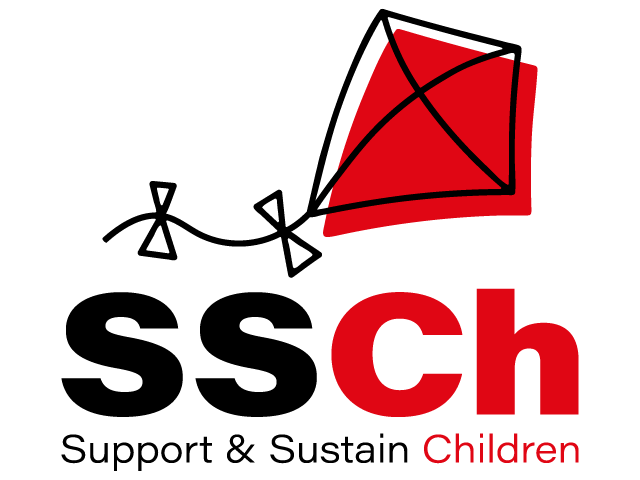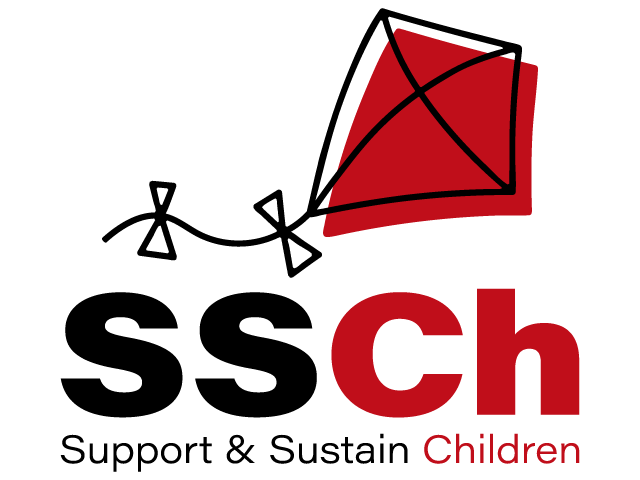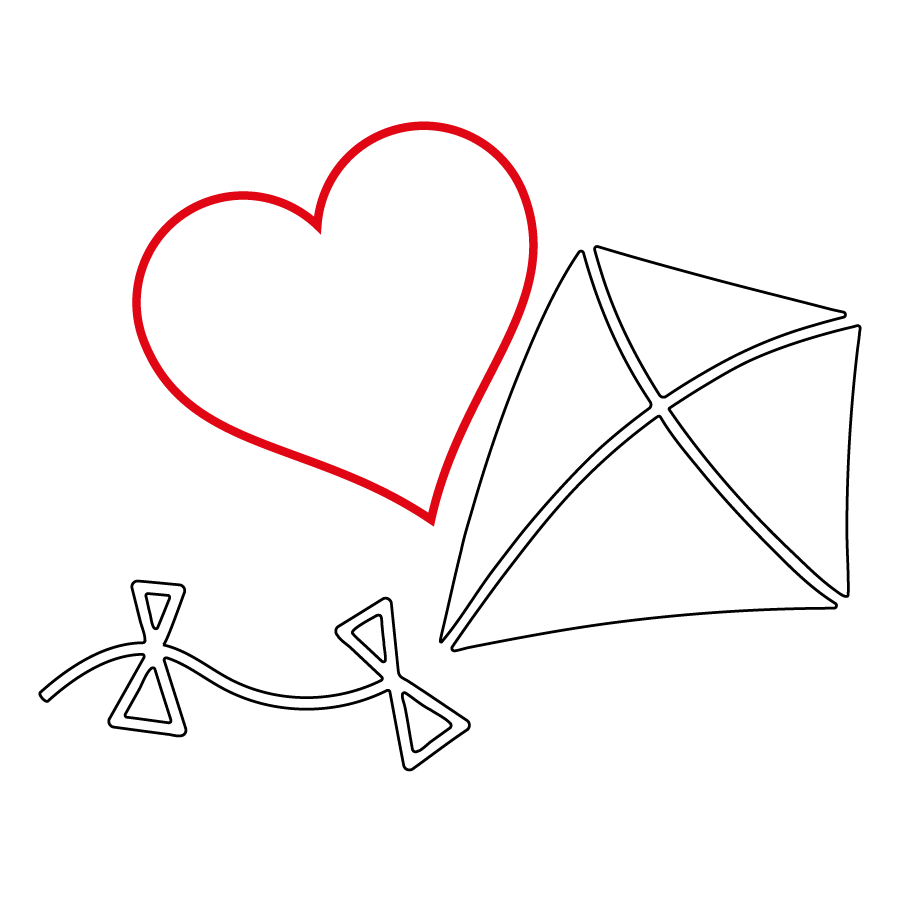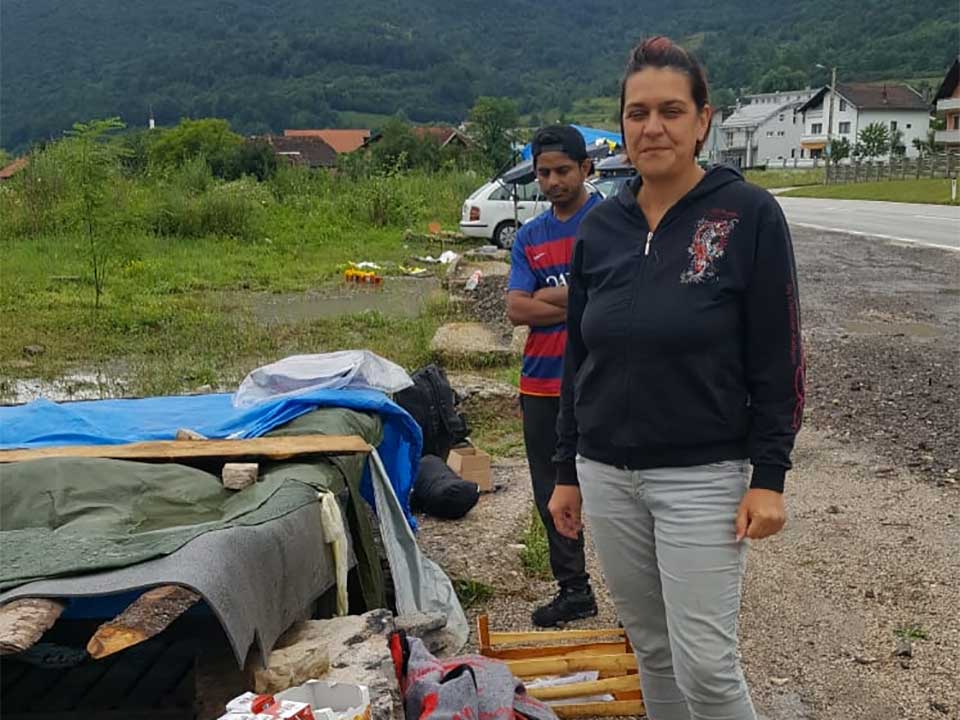Exploratory mission to the Balkans
Here we publish the report of the last trip we made from July 6th to 14th in the Bosnian cities of Velika Kladusa e Bihac. The facts are told by Lorena Fornasir e Gian Andrea Franchi. We joined them for an explorative mission, where we contributed to buy and distribute shoes, clothes and other items essential for refugees. It’s July and we soon get swallowed in the endless queues of people crossing the Slovenian/Croatian border to go on holiday. The service areas and the restaurants of the petrol stations are packed with the well-to-do European citizens. The long wait is due to the number of travellers more than to the checks at the border. The word “vacation” comes from “vacuum”, that means empty, as the coming and going of all these people and cars on the asphalt. In the multitude of people and vehicles, the smell of the gasoline reminds us that it’s because of petroleum that Middle East is a place of violence and death – from Emirates and Saudi Arabia (with its ferocious government) to devastated countries like Iraq, Syria and Libya.
This reality affects the automobiles queues, as well as the groups of migrants and refugees wandering through the wood or being caught in the clutches of the “passeur”. We are at the meta-border drawn by the Schengen Treaty. We have the impression that it is made of two different borders and this is always surprising, even though we are well aware of the situation. Unlike refugees, we are protected by our status of European citizens, and the border is a very different experience for us. For refugees, instead, borders mean prohibition, walls and barbed wire (the wire made with the intention to tear bodies apart, already used in Palestine years ago). In the woods of the mountains, small groups of people constantly try to cross the border, risking their lives, at night or at the break of dawn. Sometimes they try to cross the rivers and sometimes they drown. Migrants show us the truth of this vacuum, that reflects our own emptiness. You can see it in their eyes. We first find it in the eyes of a woman from Iraq. I will call her the pharmacist of Baghdad. She lives at Borici (Bihac) with her four daughters. She flew from Bagdad three years ago after her husband and her thirteen years old boy were killed by ISIS. Soon after the killing, Daesh militants ordered her to leave the country with her daughters. She was given 72 hours to leave. They don’t have friends or relatives in Europe and they don’t know where to go, still they have been forced to flee in a hostile and indifferent world. After a long and terrible journey , the five women tried the Balkan route, but they were caught at the border between Montenegro and Bosnia, beaten and held by the police for 36 hours together with other persons, and then sent back in Montenegro. After five attempts they managed to reach Bihac. On July 9th they tried again ”the game” to reach Croatia, but they were caught before crossing the border. We sadly think that at least this time they escaped Croatian Police. So while European people cross the borders to go on holidays, migrants are constantly putting their life at risk and remind us the truth. They are the unaware carriers of a message in a world that feeds on death. Our world. They do it unknowingly, to each one of us, just exercising a right that European States don’t want to recognise: the right to have a life worth living.
VELIKA KLADUŠA
We go to Kladuša together with doctor Andolina, who carries the medical items needed. Unlike the past summer and the last trip (may 2019), we don’t see many refugees around the town and in the city centre. This fact creates a sense of estrangement and sadness because the town has lost the liveliness that it once had. There are 300-400 migrants left in town (in Miral di Poljie camp they should be approximately 700). They hide in the woods or in abandoned houses (squats), or stay in the side streets in small groups. We meet a group of around 15 from north Africa in front of Latan restaurant, now closed due to lack of funds. We spend some time with two of them in particular. They speak Italian because they used to work in Italy, since 14 and 17 years respectively. At some point they lost their jobs and went back to their countries for a while, but then they found out they couldn’t return to Italy, the country where they left their hopes and expectations. The refugees staying in the woods outside town are hiding from the police because they don’t want to be taken to the rubbish dump of Vucjiak, a camp that is ten kilometres from Bihac and lately has a very bad reputation. In the evening we meet a young activist from Border Violence Monitoring, a team who documents violence against migrants, mainly in Montenegro and Greece. She shows us a map of the places where push backs take place. The map is drawn thanks to the witnesses collected amongst the migrants rejected in the area of Kladusa, who confirm the tortures and violence from Croatian police. Every day around 50 migrants are rejected in Kladusa. Their bodies marked by violence. When caught by the Croatian police, they are held in a container, without food, water or toilet for 36 hours. Then they are released through the so called “tunnel”: after being blinded with pepper spray, they have to pass through a corridor where policemen stand aside and beat them. After that, their money is stolen, their mobiles broken, their shoes, backpacks and personal belongings burned in fire.
REJECTION PLACES
We get information on NNK, an ngo registered in Bosnia and soon in the canton Una Sana. For some time they supported Latan, the manager of a restaurant that used to distribute around 400 meals to migrants each day. The Dutch organisation used to provide 80% of the expenses, but they decided to give up the project. Probably the scarce organisational skills and the inadequate reporting of funds contributed to the closing. Whatever the reason, the consequence is that tens of migrants, mainly from Algeria, live in the bush and starve. They have no other place to go because, after some riots exploded between different ethnic groups last month (May 2019), the authorities decided to exclude people from Maghreb from Miral camp. Since then, they suffered severe marginalisation. Rejected from every sort of community, they barely survive in the ‘jungle’, literally starving. NNK continues to provide clothes, while Adis Pixi (the well-known activist from SOS team Kladusa, who operates on his own) provides basic nursing care. On the second day, we meet Zehida Bihorac Odobasic, a teacher we support in her solitary commitment in Kladuša. She takes care of 4/5 groups, each one made of 5/6 people in Kladuša, and 5 more groups in Miral di Polje. The composition of these groups is constantly changing: some days there are two persons and other there are six. The try ‘the game’ and often they get back after ten days. Police in Kladuša are getting bad, but fortunaltely not as much as in Bihac. Zehida says that in Miral camp (managed by IOM – International Organisation for Migration) people don’t have anything to eat. Evidently, the important amount of money at disposal of IOM end up in security and personnel expenses, while very little is left to satisfy the basic needs of refugees. Maybe even less. Zehida takes us to an Afghan family. We find a man sitting on the grass in front of a crumbling farm, the door barred with wooden planks. He is the father of two boys: the young one is 6 years old, the other is 13. Two more kids live in Germany with their mother. They left from Jalalabad in 2016 when the Taliban threatened with death his family because the man used to work for Americans. Now the three men live in this abandoned house in the country close to town, not far from the spontaneous camp of Kladuša, closed last Autumn. The house is in ruin, a stable in the ground floor, no running water, only a dilapidated roof. The entrance is a one meter wide hole in the wall. They cook on a gas cooker. When it rains the river next to the house invades the ground floor, inhabited by warms, grass snakes, rats and beatles. The past winter has been very harsh, the father says: ‘very cold, too much’. Zehida helps the family giving them food. She often takes home with her the young son, trying to ease the sadness and sorrow for the separation from his mother, who is waiting for him in Germany.
BIHAC
We arrive in Bihac in the late afternoon on Sunday July 7th. While going back from our hotel a few kilometers from the center, we give a ride to three Afghan guys rejected from the game. They ask us to be brought back to Vucjak rubbish dump. They have no chance to be readmitted in Bira camp. We imagine they must be really exhausted and without hope, if they ask for a lift to Vucjak. We know – we have seen them – that there are many of them walking down the road that flanks the Croatian border, on the top of the wooden mountains. In the evening we have dinner with the Bagdad pharmacist and two refugees that we know well: Hussein, a Palestinian guy from Syria nephew of a refugee from 1948, and Fouad, who had lung surgery a few months ago due to a pathology contracted in the game. The pharmacist is the wife of a policeman who used to work for the Americans. She tells us her story and cries. The dejected crying of this Iraqi woman seems to bend the distant desperation of populations, innocent victims of a story steered by the powerful countries and built on racism and nationalism. Hussein suffers heart problems and asthma. He tells us he felt sick during the last game: he had to get out of the jungle with Fouad and call the police, who locked them into a container for six hours without food or water, only a bottle to serve as a toilet. The day after (July 10th) we go to Bira, but we are denied the permission to enter the camp even though we asked the authorisation the week before via the email, rigorously following the procedure. So we go to the Red Cross to try and enter Vucjak camp, but we are rejected again. Vucjak camp grows on a disused rubbish dump under the Plesevnića, ten kilometres away from Bihac. It is run by the municipality and gathers in tents and containers all the refugees of Una-Sana canton. The Red Cross of Bihac is in charge of the management of the camp together with IPSIA, with its tea corner. All the people we meet say that conditions are terrible over there. Even IPSIA volunteers, while trying to mitigate the problems, say that it cannot last long. It is a political choice of Bihac municipality, because they want to highlight the unsustainable situation of the area in front of the international community.



